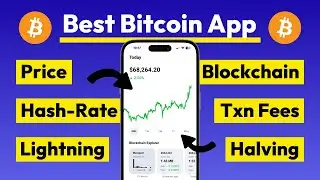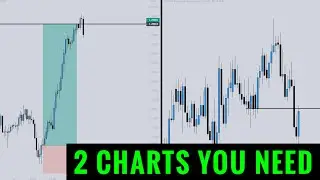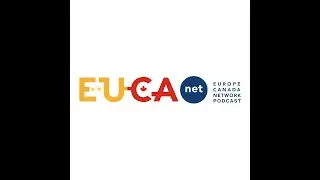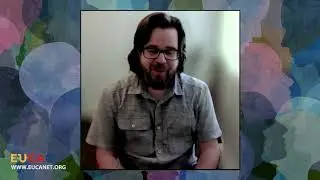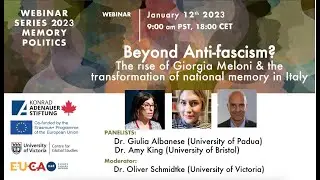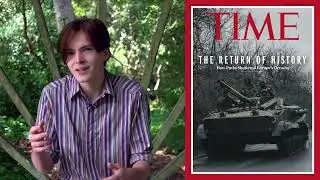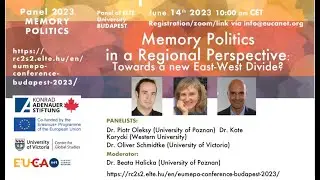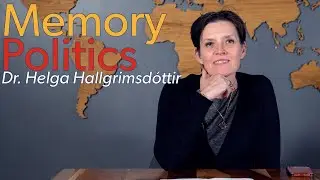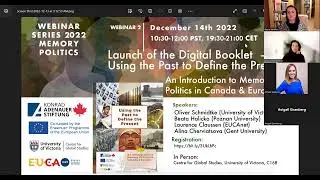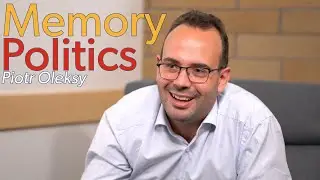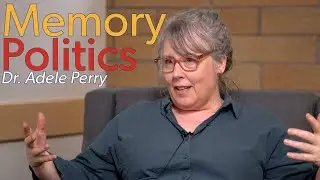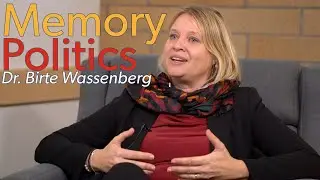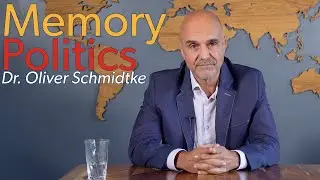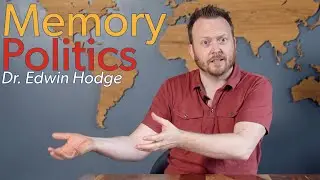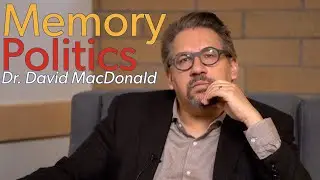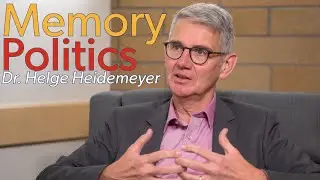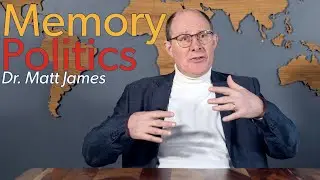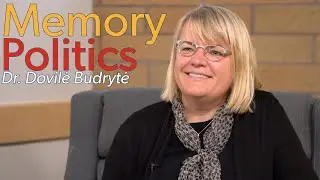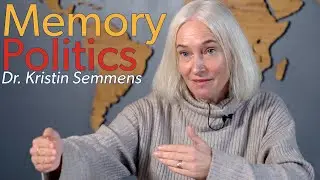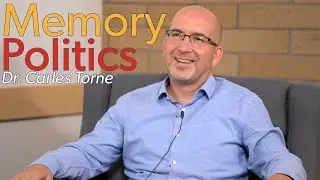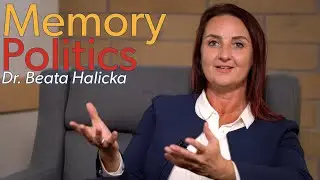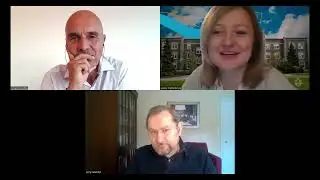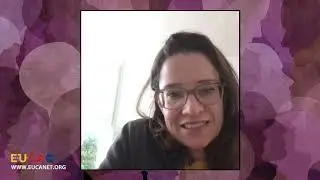Memory Politics as a Public Activity- Dr. Kristin Semmens
Dr. Kristin Semmens, University of Victoria, in an interview series " Expert Voices on Memory Politics" , realized with the financial support of the Konrad Adenauer Foundation Kanada and Erasmus+ Program of the European Union.
Dr. Kristin Semmens defines memory politics as the public activity carried out by different groups who are promoting specific and often very divergent interpretations of the collective past.It entails commemorating that past, issues of how to teach that past in schools and also how to enshrine various components of that past in law. The collision of history and politics in memory politics takes place in the public sphere and because many of these issues are core elements of our identities they are prone to heated debates. Therefore, the politics of memory is tightly connected to issues of democracy and social inclusion and also very tightly connected to challenges to democracy and to social exclusion. This connection can be variously shaped, depending on where memory politics are playing out.
In democracies, ideally, memory politics play out in the form of discussion and debates about whose past matters and which pasts are going to be honoured and remembered. Similarly, it also leads to the coexistence of multiple historical interpretations, provided that they are grounded in evidence. So, ultimately, in a functioning democracy, memory politics can actually further reconciliation and have a positive outcome. By contrast, today, under authoritarian or totalitarian regimes and within populist movements in functioning democracies the emphasis is on erasing and omitting, with the aim of creating a single narrative of the past. This leads to labeling competing narratives unpatriotic or even traitorous. However, In the current climate these kinds of accusations are not unique to dictatorships, but they also happen in democracies around the globe. Such name calling makes memory politics especially charged and it shuts down any fruitful dialogue.
Finally, reflecting on the reasons for the renewed interest in the history of the 20th century as a tool for politics, Dr. Semmens stresses that we forget the devastating traumatic consequences of the total erosion of democratic norms, also because of the ever dwindling number of
eyewitnesses who can remind us what fascism dictatorship and extremist politics really mean.
Dr. Semmens adds that while the fans of fascist political systems and authoritarian leaders are particularly forgetful, being forgetful affects both sides in the memory wars. Epithets like “Nazi” or “fascist” are frequently invoked in memory politics but they are also regularly misused. So, while it is a fact that there is a widespread utilization of 20th century history as a political tool, it is necessary to get the facts straight about it. In this respect, academics have a fundamental responsibility to engage with the wider community.
EUCAnet (Europe Canada Network) is a hub for experts primarily located in Canada that work on European and Canadian current issues from a transatlantic perspective. These experts offer commentary and expertise and are available for media interviews and public talks. We are a public outreach platform – that makes scholarly knowledge available and meaningful to the public in times when the need for evidence based knowledge and public debate is crucial. Our goal is to foster the Canada Europe Transatlantic Dialogue with the aim of supporting the process of informing public policy making.
We are also supporting the outreach activities of the European Community Studies Association in Canada (ECSA-C).
Focus on : European Studies, Transatlantic Studies, Global Studies, Issues of Democracy, Populism, Memory Politics, Migration.
Official Site: http://www.eucanet.org

